When it comes to automobile performance and engine longevity, there is one unsung hero that receives considerable attention: synthetic engine oil. While traditional oil is simply oil extracted from crude oil, synthetic oils are designed and formulated in laboratories for high performance under the most extreme conditions. So, what sets synthetic oil apart, and why is it a better choice for today’s engines?
In this post, we examine the chemistry of synthetic oil and how it surpasses conventional oils in almost every way that matters.
What Exactly Is Synthetic Engine Oil?
An artificial lubricating oil produced by chemical means is called synthetic oil. In contrast to mineral oil, which is simply distilled from crude oil, synthetic oils are synthesized to create the correct size, structure, and function of their molecules.
This carefully designed approach achieves better stability, consistency, and purity in the oil, which are critical considerations for clean operation and longevity in today’s engines.
There are mainly two classes of synthetic oils:
- Full Synthetic Oils: Formulated entirely from chemically modified aspects.
- Synthetic Blend: Mix of some conventional and some synthetic base oils.
While each has its advantages, full synthetic oils are the ultimate in performance, protection, and efficiency.
How Synthetic Engine Oil Is Made: The Molecular Advantage
The chemicals in synthetic engine oil are the key to its benefits. During manufacturing, engineers can synthesize base oils that are significantly more uniform than conventional mineral oils, utilizing processes such as esterification and hydrocracking, among others.
These allow for:
- Reduced wear and friction are two benefits of a uniform molecular structure.
- Fewer impurities: Reduces engine deposits.
- Specific viscosity: Better performance across temperature extremes.
By designing the oil at the molecular level, it can be optimized for flow, volatility, and breakdown. Synthetic oils can outperform in nearly every situation and environment, from cold mornings to desolate, comatose desert highways.
– Thermal Stability: Withstanding the Heat
One of the most significant chemical advantages of synthetic oil is thermal stability. In high-performance or turbocharged engines, temperatures can reach incredibly high levels. Conventional oils generally oxidize, thicken, or burn off at high temperatures.
Synthetic oils maintain their viscosity under extreme thermal stress and degrade less. This is especially useful for people living in hot areas or those who are hard on their vehicles.
For instance, Prolube engine oil is designed to minimize oxidation at extreme heat and assist with protecting engine components while maintaining lubrication over longer intervals.
– Cold Weather Flow: Performance in Low Temperatures
While synthetic oil’s ability to perform under high-heat conditions is impressive, synthetic oils also exhibit good cold-weather performance. Conventional oils have a high viscosity at lower temperatures and are frequently thickened with paraffin wax. When this occurs, your engine will eventually get lubricated,.It simply takes longer for that to happen, and during that time, the most wear on an engine occurs.
Synthetic oil remains thinner due to its lower pour points and improved cold flow characteristics, which enable your engine to become lubricated immediately, even in sub-zero conditions. Therefore, allowing for a better and smoother start, less engine wear, and decreased fuel consumption while running at a reduced engine temperature in cold weather.
– Cleaner Engine Operation
Synthetic oil is less likely to create sludge and varnish due to its stable chemical makeup and lower impurity levels. Conventional oils can form carbon deposits and gunk over time in the engine, and especially during stop-and-go driving or infrequent oil changes.
Synthetic oil can minimize sludge, as its additives work together to clean the surfaces of engine parts and protect them, resulting in greater efficiency and a longer lifespan.
In this regard, the high-performance engine oil from Pro-Lube is not only an oil, but also a cleaning agent.
– Fuel Efficiency and Engine Power
By reducing the internal friction between components, synthetic oils deliver noticeably improved engine performance and fuel economy. With lower viscosity synthetic oils, components freely move into all of the nooks and crannies with less resistance, which translates into:
- Improved fuel economy
- Better acceleration
- Cooler operating temperatures
In the context of performance or commercial vehicles, the small gains from using synthetic oils start to add up over time. For businesses running a fleet of cars or consumers seeking maximum efficiency, the synthetic option can provide a return on investment.
– Longer Drain Intervals
A tangible upside for both drivers and mechanics is the expansion of the drain interval being enabled with synthetic oils. Whereas traditional oils need to be drained every 3,000 to 5,000 kilometers, synthetic oil often exceeds 10,000 kilometers after being drained or capped at an oil condition limit, which is typically set more than 10,000 kilometers.
Put another way:
- Less frequent oil changes
- Reduced maintenance costs
- Less impact on the environment
Of course, all interval lengths may vary based on driving conditions and vehicle types. However, when using synthetic oil, it allows for many more options related to vehicle maintenance and costs.
– Compatibility with Modern Engines
Modern engines are today smaller, hotter, and more complex than ever. Turbochargers, direct injection, and variable valve timing all require good lubrication. Synthetic oil has been formulated to complement these technologies and provide protection where it is necessary, in both everyday passenger vehicles, high-performance sports cars, and light trucks.
Several car manufacturers are recommending synthetics as the standard for their newer models. If this is not addressed, warranties can be voided and performance can suffer.
– Environmental Considerations
Although oil consumption is not typically evaluated from an environmental perspective, synthetic oil offers ecological benefits. It doesn’t break down as quickly, therefore producing less oil waste from change intervals as well as lowering emissions over time. Furthermore, many synthetic oils are now made with more environmentally sound base stocks and have lower sulfur contents.
New technology has created lubricants and equipment oils that can enhance products like Prolube engine oil, allowing for performance without harming the environment.
Engine Protection Starts with Pro-Lube _ Here’s Why
At Pro-Lube, we understand that not all oils are created equal. That’s why we invest heavily in R&D to produce advanced lubricant oil solutions that meet the highest international standards.
Our synthetic formulas are:
- Tested for extreme conditions
- Compatible with modern engines
- Infused with performance-enhancing additives
- Backed by technical expertise and customer support
Whether you drive a performance vehicle, a family car, or a commercial fleet, Pro-Lube offers synthetic oil solutions built to exceed expectations and extend engine life.
The Smart Choice for the Road Ahead
Synthetic engine oil is not merely a product; it is an intelligent technology. A specially formulated chemistry tailored to all the performance, durability, and efficiency benefits of synthetic over traditional oils. Whether it is extreme temperatures, stop-start driving conditions, or carrying heavy engine loads, synthetic oil offers a protection level and peace of mind that typical oils simply cannot match.
Are you ready for this technology? Check out our range of engine oil products at Pro-Lube and give your engine the edge it needs!

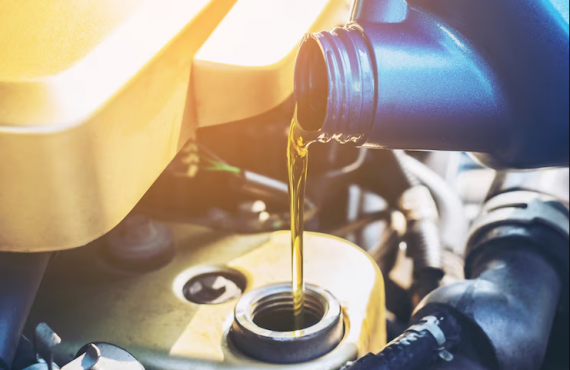
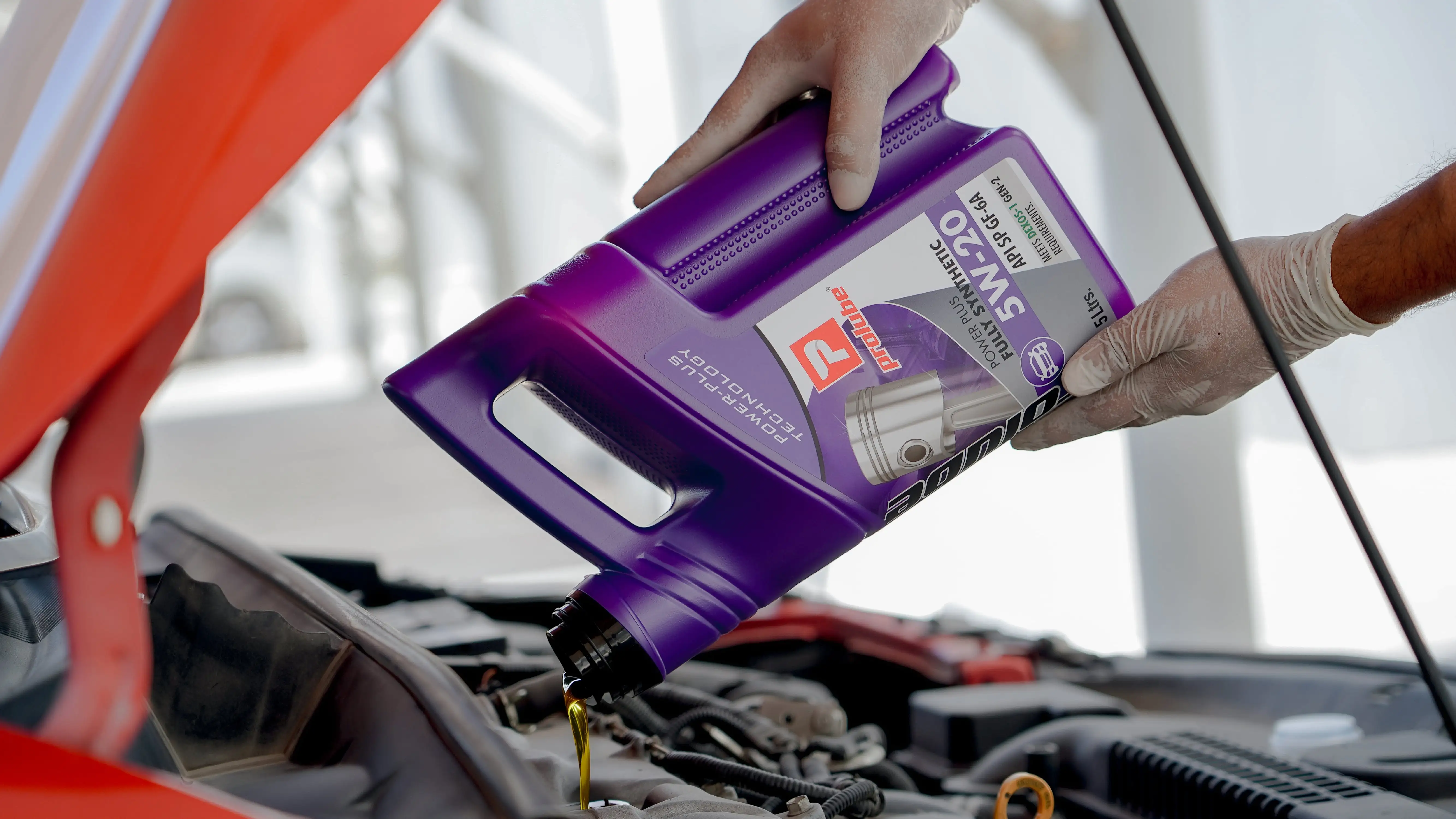
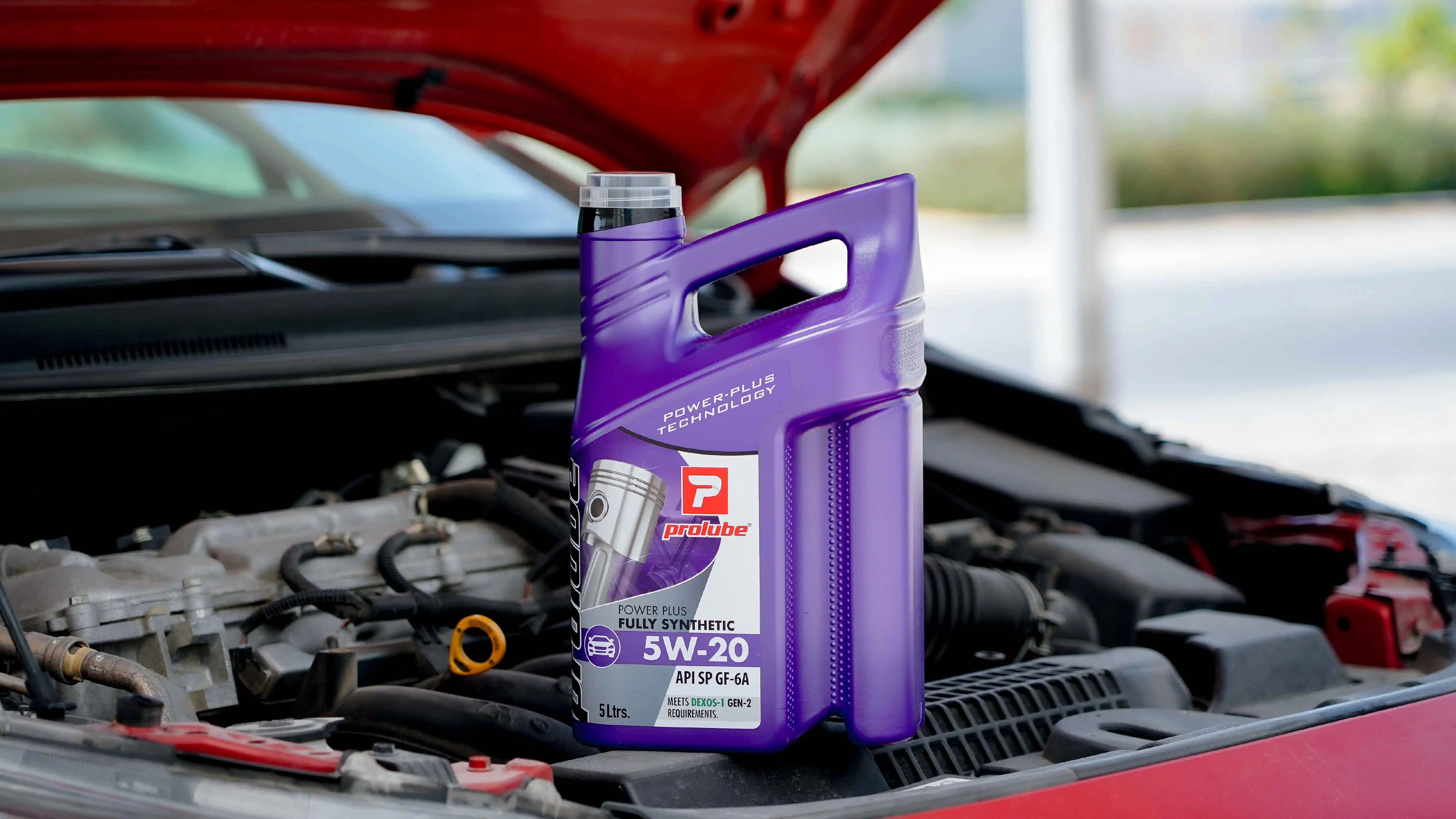

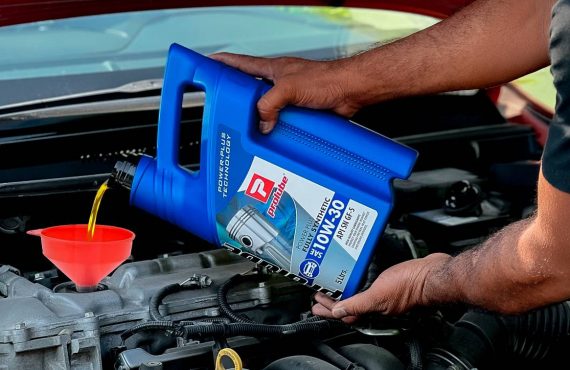
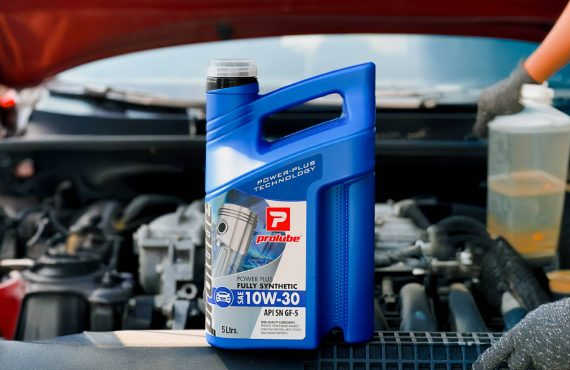
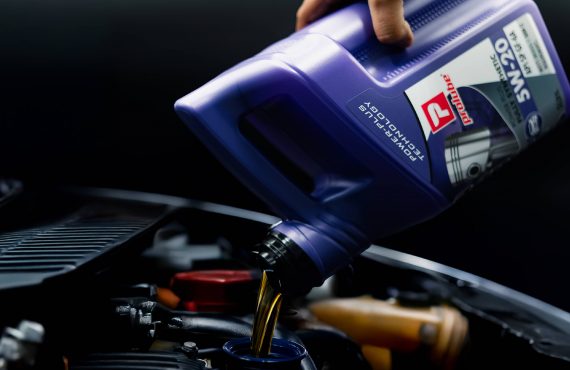
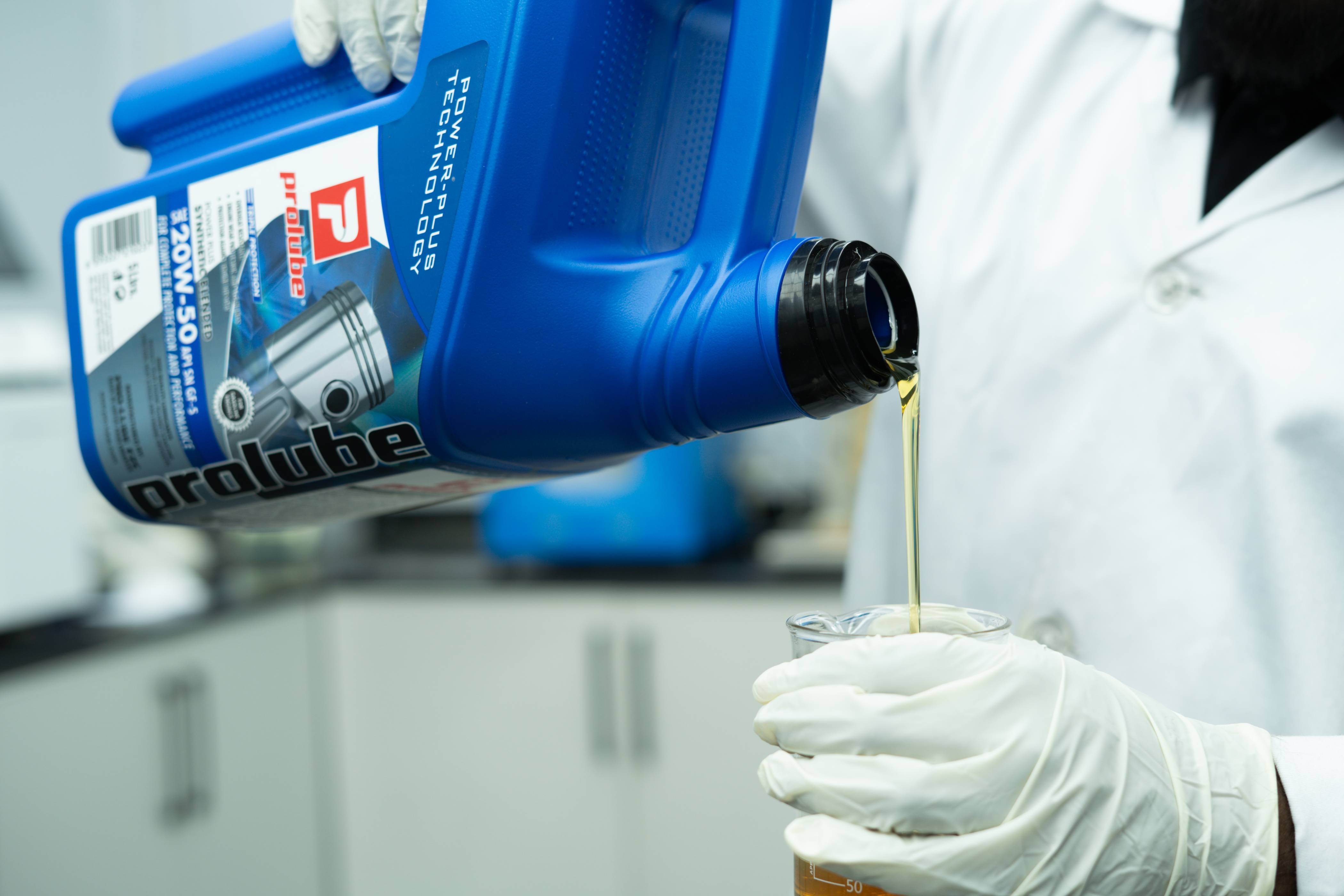
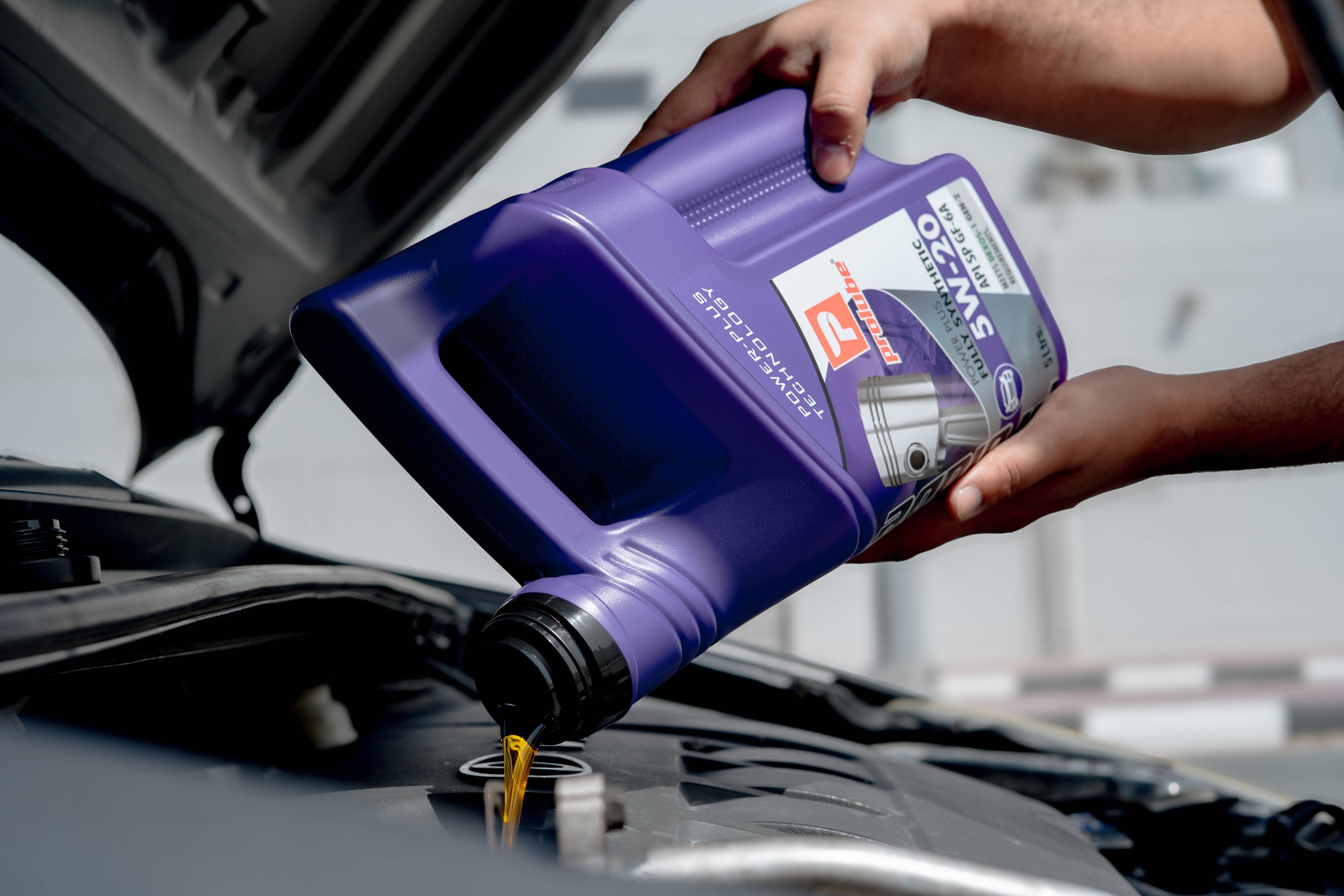
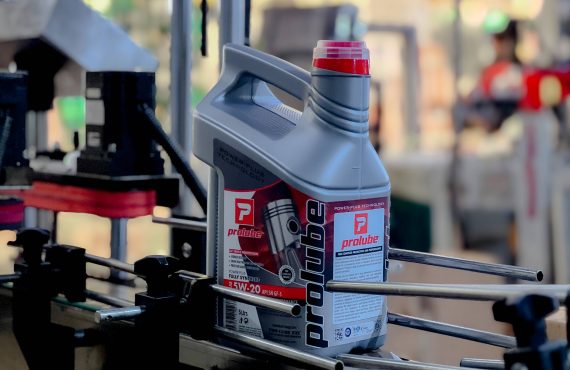




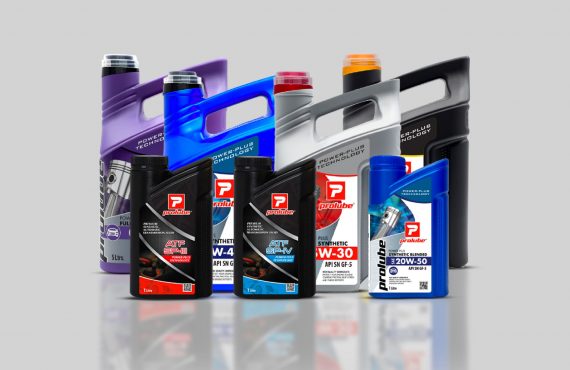


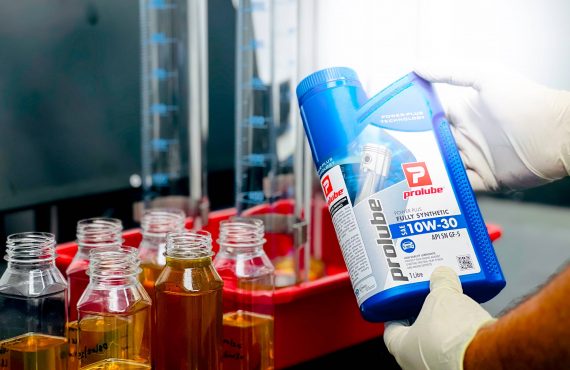

No comments yet.